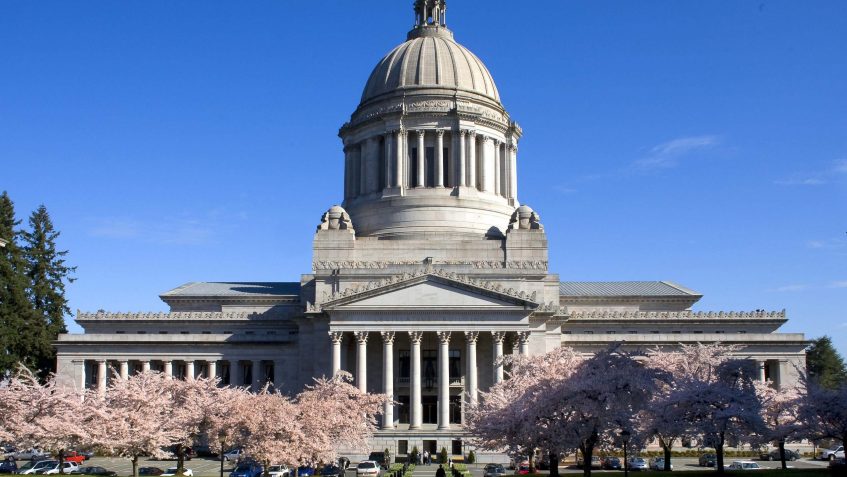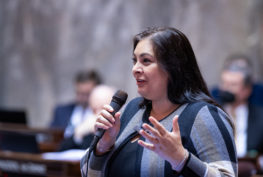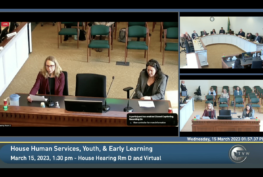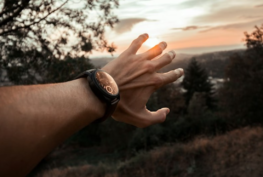From the Seattle Times
In Washington state, however, we continue to arrest and charge minors for prostitution, even though they are victims of sex trafficking. To bring Washington in line with federal law — and join the states that have eliminated criminal liability — we should exempt minors from charges of prostitution and create therapeutic alternatives.
Most girls get involved in sex trafficking when they run away from chaotic, unhealthy and abusive situations. More often than not, they are crime victims themselves. Yet we arrest girls on charges of prostitution, which is the result of a long history of treating girls and women who are victims of exploitation as criminals.
Nationally, and here in Washington state, the exact number of girls who are victims of domestic sexual exploitation and sex trafficking is unknown. Precise counts of the number of children and young adults who are commercially sexually exploited are challenging. Dr. Debra Boyer’s 2019 work is our best estimate of commercially sexually exploited children. Generally, anti-trafficking groups use missing children statistics to estimate the number of trafficked youth. However, estimates are inferred from data on runaway and homeless youth populations. Though these estimates are based on a method that is imperfect, they are the best at hand.
What we do know is there are more than 13,000 unaccompanied youth and young adults in Washington state. We also know that commercial sexual exploitation is closely linked to childhood trauma: The majority of sexually exploited youth experienced childhood victimization or sexual abuse, and between 60% and 85% have histories with the child-welfare system.
A recent Covenant House report suggests that approximately one fifth of homeless youth are victims of human trafficking, and a 2016 Administration on Children, Youth and Families report suggests that 60% of homeless youth experience some degree of victimization on the street. What we also know is that, although trafficking affects all youth, the vast majority of youth arrests for prostitution — 76%— involve girls.
Still, we must take additional measures to expand protections for girls and all youth. According to Shared Hope International’s 2019 update, many states have decriminalized “prostitution” for minors, recognizing that minors charged with the offense have been exploited and victimized, that it is an indication of social-service needs, and that youth should not be held responsible due to their age and development.
This legislative session, state Rep. Tina Orwall, D-Des Moines, is sponsoring House Bill 1775, and state Sen. Manka Dhingra, D-Redmond, is sponsoring companion bill SB 5744 in the Senate seeking to strengthen protections for commercially sexually exploited children. The legislation, if passed, would limit the crime of prostitution to individuals 18 years or older and create two therapeutic receiving centers, one in Eastern Washington, the other in Western Washington. Youth would receive assessment and referrals for mental-health and substance-use disorder. Law enforcement, service providers or guardians would be able to refer youth who are victims of sexual exploitation to a receiving center or allow youth to self-refer. And what is especially promising? The legislation creates dedicated liaisons within the Department of Children, Youth and Families to assist with system navigation, service delivery and cross-sector investigations. Both bills were voted out of their respective policy committees and await action in their fiscal committees.
Many advocates who work directly with youth impacted by the practice are closely following this legislation. We are hoping for a legislative fix that is worthy of the challenges these youth face.
Let’s build on the momentum and treat the symptoms of how girls become victims of sex trafficking in the first place. Let’s join the growing cries to stop criminalizing girls for the trauma they have experienced.




